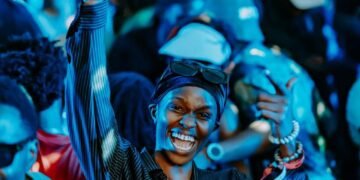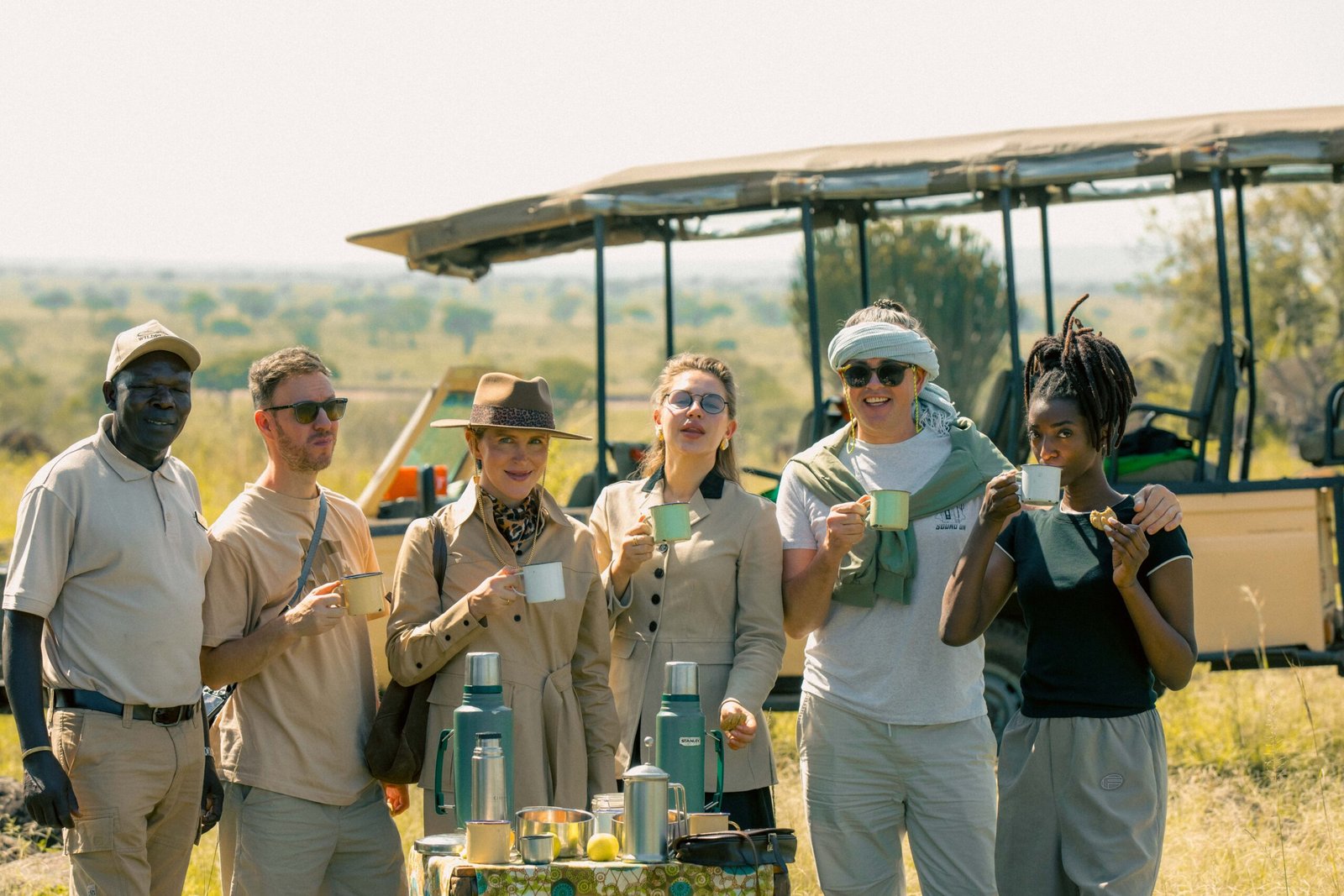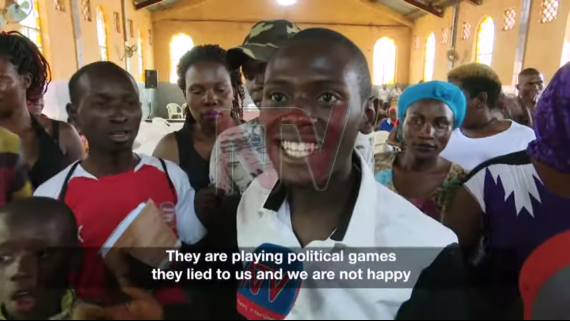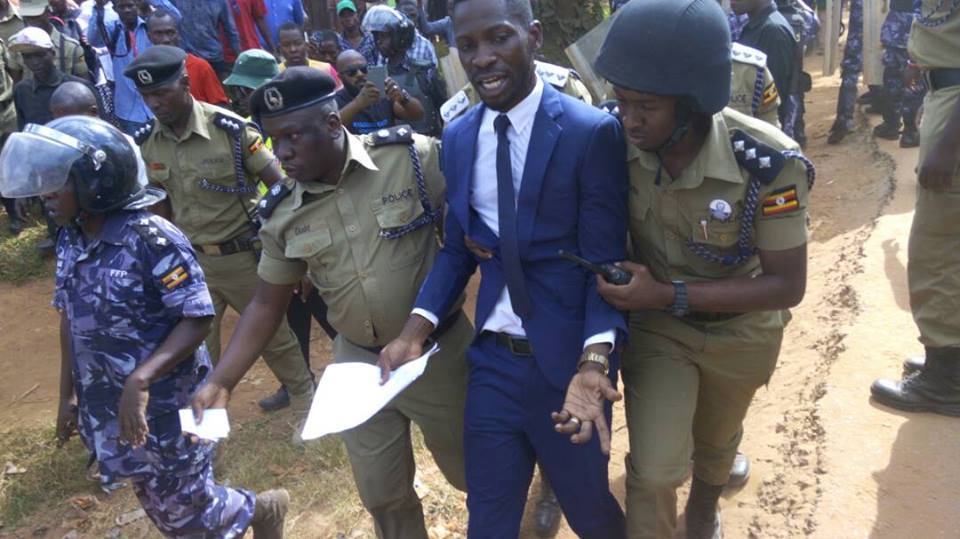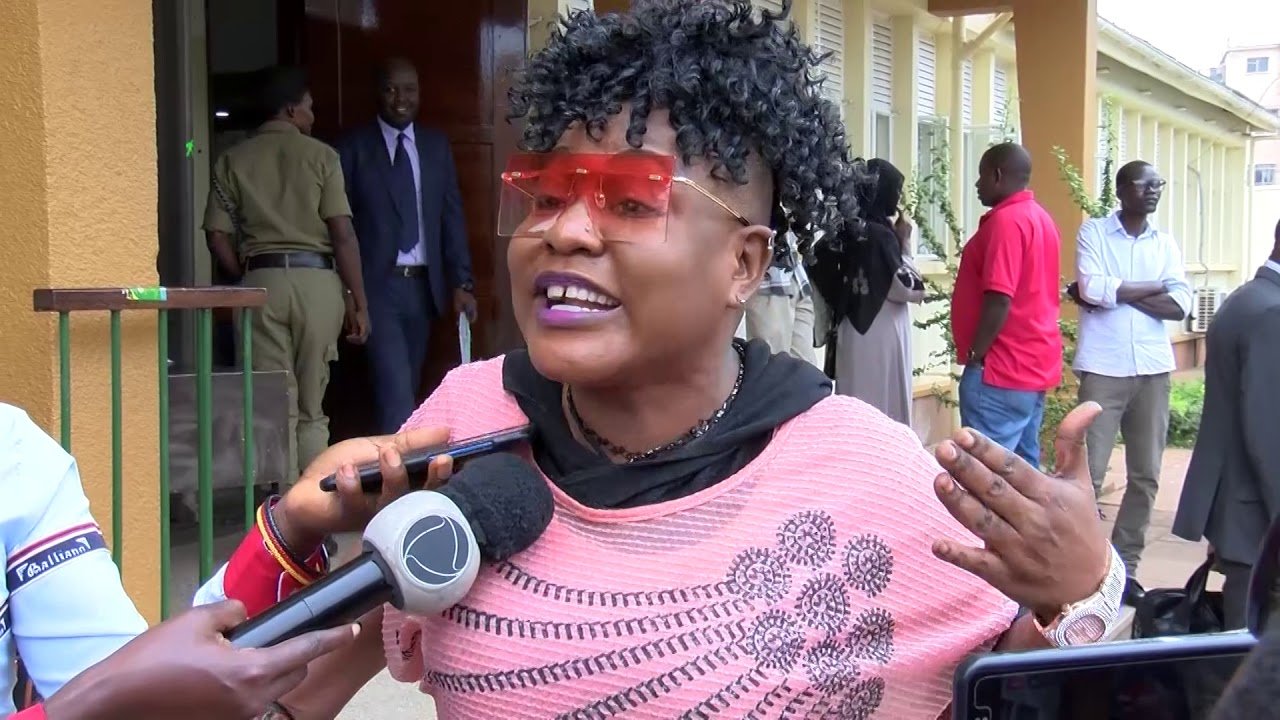Advocates have tipped young people with a range of activities aimed at building advocacy skills, interactive learning about sustainable peacebuilding and global citizenship, alongside practical activities implementing these skills in the community and on social media.
The remarks were made as a group of thirty youth from Uganda and South Sudan concluded a week-long series of global youth advocacy training. The training was organised by the Education Above All (EAA) foundation which is geared towards raising awareness and building the capacity of youth on the need to protect education from attack.
The training was part of EAA’s unite to protect global youth rallies that are taking place with youth around the world.
The youth rally in Uganda comes after a series of reports on a number of youth and children being unable to attend school as a result of conflict and tension in their communities.
Pascaline Aburi Albino, an advocate from South Sudan, noted that the continued conflict in her country has had a negative effect on the education of youth and children for fear of being kidnapped, maimed, killed, and/or recruited into forced rebellion.
She cited cultural practices in her pastoral community as a major factor hampering girl child education, where girls are seen as a source of wealth for a family, not by being educated and productive, but instead through being married off in exchange for cows.
“The girls in my community have no voice and choice on whom they want to spend the rest of their lives with. A rich man will approach the family anytime to ask for your hand in marriage and for the youngest girls they will have no option,” Pascaline explained.
In Sudan, sporadic violence has continued to impact education according to the latest ‘Education Under Attack’ report issued by the Global Coalition to Protect Education From Attack.
The report cited at least ten reports of attacks on schools between 2020-2021 and an additional 26 schools being used as shelters by displaced persons resulting in significant damage to their infrastructure and facilities.
Hellen Korobe, another youth peacekeeper from Karamoja region, revealed that growing up in the pastoral community has made her understand that most parents don’t see education for girls as necessary.
“While the boys are busy being given the job of looking after cows, the girls are raised to become wives and mothers at an early age. There is less meaning to the value of education imposed by this old-aged culture,” Hellen said.
“There are many ways to communicate, and art has not been fully exploited to send a global call for action. We feel with these messages we’ll be reaching out to policymakers and opinion leaders in a medium that is geared towards reframing their imaginations and action for the sake of the youth” said Kenneth Mulinde, a visual artist and EAA youth advocate.
According to Boran Choi, an education and advocacy senior specialist at the Education Above All Foundation, the final artwork will reflect a collective demand from youth communities across the globe to uphold UN Security resolution 2601, condemning attacks on education and urging Member States to hold perpetrators to account.





